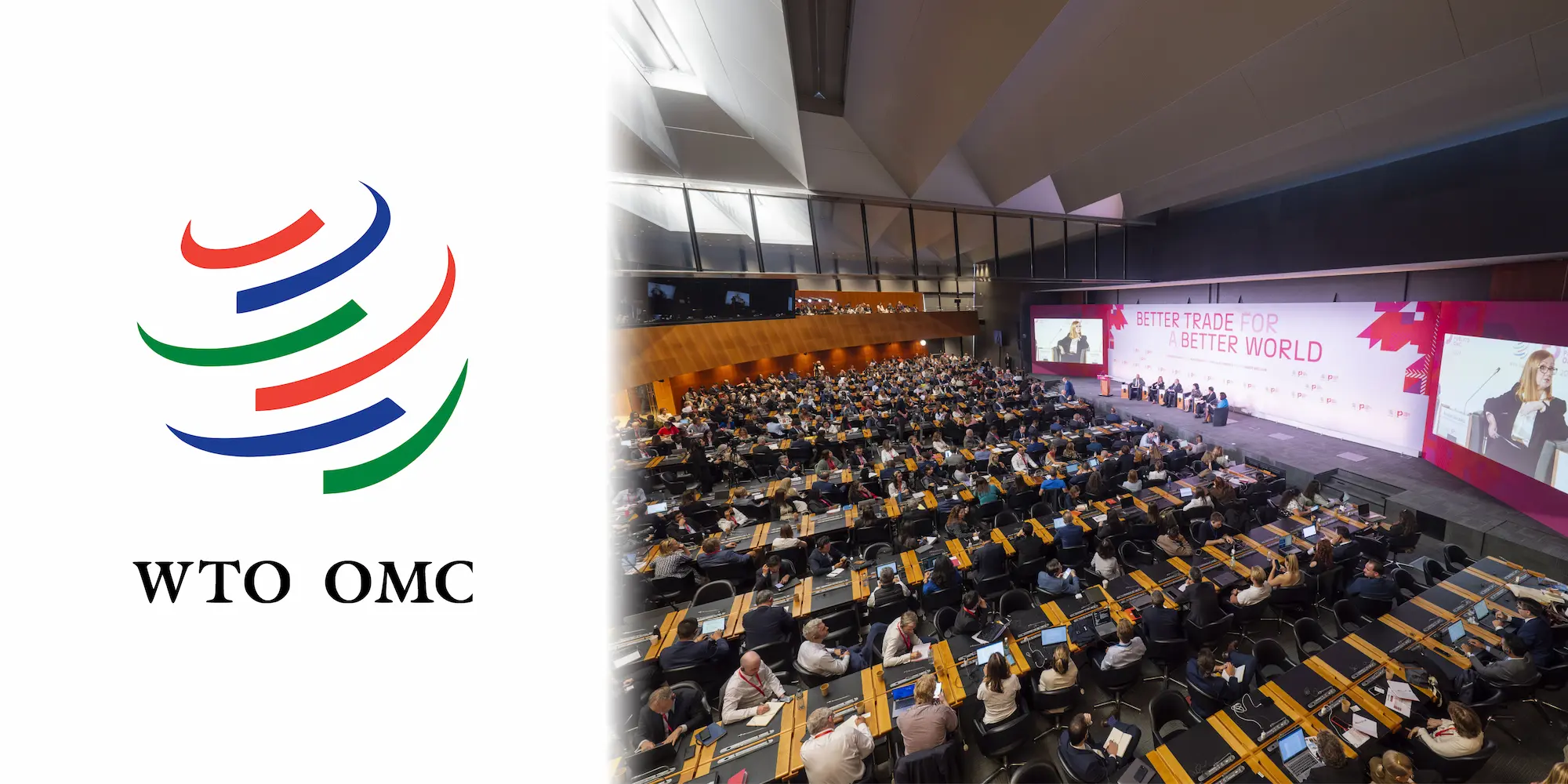Intellectual property (IP) is a cornerstone of modern international trade, as much of the value of innovative products lies in the ideas, knowledge, and creativity they contain. In its publication “Can Blockchain Revolutionize International Trade?”, the World Trade Organization (WTO) analyzes how blockchain technology can transform the protection and management of intellectual property rights at the global level.
The Growing Relevance of Intellectual Property in Global Trade
From innovative pharmaceuticals to technological devices like smartphones, innovation is the true driver of value. Creative works such as music, film, literature, or software are valued for their ideas and content, not for their physical medium. This is why the protection of IP rights is key for creators, companies, and innovators worldwide.
Through the Agreement on Trade-Related Aspects of Intellectual Property Rights (TRIPS), and in coordination with the World Intellectual Property Organization (WIPO), the WTO establishes minimum legal frameworks for the effective protection of these rights.
Current Challenges in the Administration and Enforcement of IP
Despite regulations, effective protection faces challenges such as:
- Difficulty in proving ownership of unregistered copyrights.
- Piracy and illegal trade of counterfeit products.
- The territorial nature of rights, which limits their international enforcement.
These challenges affect fair compensation for creators and legal certainty in global trade.
The Transformative Potential of Blockchain Technology
The WTO recognizes that blockchain technology is a disruptive innovation with great potential to transform IP management and protection. Below are the main areas where blockchain can make a difference:
1. Proving the Existence and Ownership of Digital Works through Immutable Timestamped Records
One of the main challenges for creators is proving that they are the legitimate authors of a work at a specific time, especially when there is no mandatory or accessible registration system. Blockchain offers a robust solution: by generating an immutable digital record with a timestamp, the existence of a work at a given moment can be certified without the possibility of later alteration.
This record acts as a unique digital fingerprint linking the creator to their work, protecting both copyrights and other forms of intellectual property. Examples include:
- Musicians
- Writers
- Graphic designers
- Software developers
Furthermore, this technology does not store the work itself but a cryptographic hash, ensuring content integrity while protecting the creator’s confidentiality and privacy.
2. Managing Rights, Facilitating Licensing, Payments, and Transparency
Beyond certifying authorship, blockchain can revolutionize how IP rights are managed. Thanks to its decentralized and transparent structure, it enables the creation of smart contracts that regulate licenses, authorizations, and royalty payments without intermediaries.
Advantages:
- Define clear conditions for the exploitation of works.
- Receive automatic, real-time payments when works are used.
- Access a transparent and verifiable history of usage.
This reduces administrative costs, minimizes disputes, and improves trust between creators, distributors, and end users.
3. Combating Piracy and Counterfeiting through Reliable and Accessible Records
Piracy and counterfeiting cause billions in losses and harm innovation. Blockchain offers a reliable, public, and easily accessible record to verify the authenticity of products, works, or innovations.
Examples:
- Brands registering products on a blockchain to validate their legitimate origin.
- Creators protecting their works by tracking reproduction and distribution.
These capabilities position blockchain as a strategic tool to modernize IP protection and increase market trust.
Enotar.io: Putting the WTO’s Vision into Practice
Enotar.io is a digital platform that uses blockchain to transform the way creators, artists, entrepreneurs, and companies protect their IP.
Advantages over traditional methods:
- Fast, accessible registration from anywhere.
- International digital certificate backed by immutable blockchain.
- Strong, verifiable legal proof recognized worldwide.
- Absolute privacy, with no files stored on servers.
Enotar.io aligns with the WTO’s vision, overcoming challenges in IP administration, enforcement, and territorial limitations.
Conclusion
The integration of technologies like blockchain with a solid legal framework is essential to strengthen IP protection in the global digital economy. Platforms like Enotar.io simplify and secure this process, ensuring that innovation and creativity are protected and valued worldwide.
Beyond facilitating proof of authorship, Enotar.io actively contributes to building a fairer and more transparent innovation ecosystem, allowing ideas to be protected and monetized without intermediaries or geographical barriers.
Official Source
This article is based on the official publication of the World Trade Organization: Can Blockchain Revolutionize International Trade?
World Trade Organization, 2018.
→ Find the official publication here.
Photo by: ©️WTO/Tomas Cesalek BAP Services


